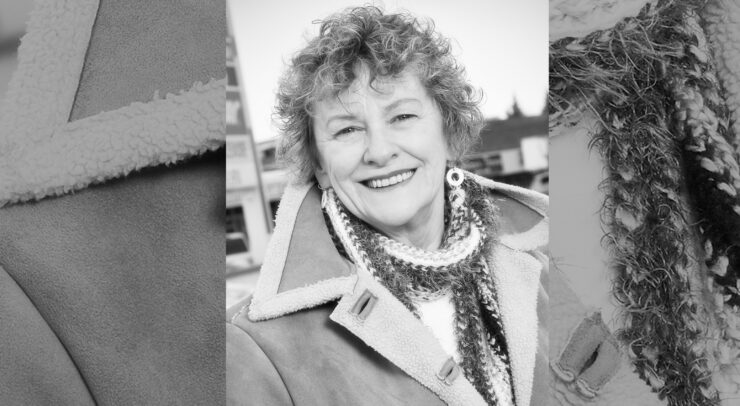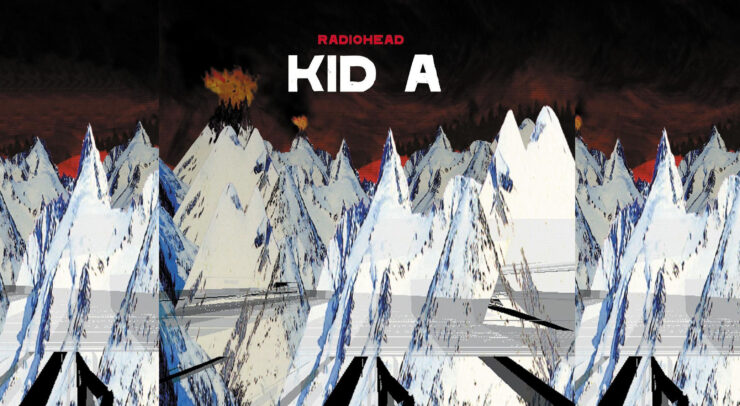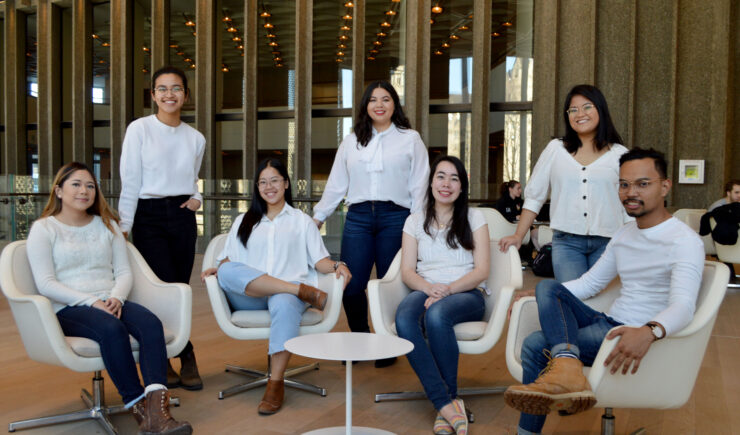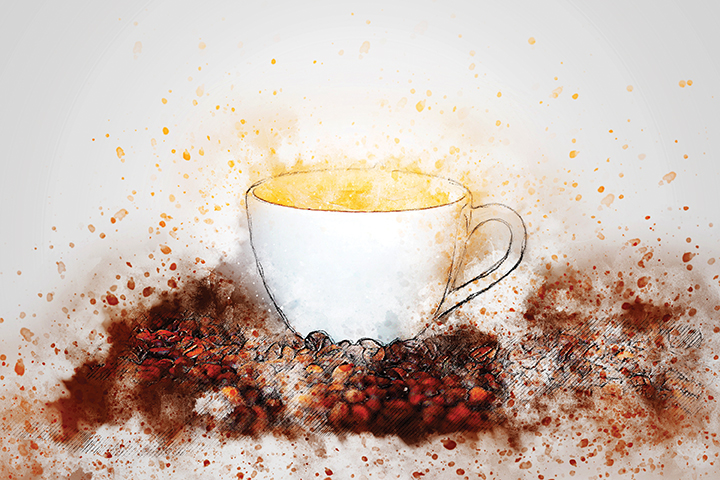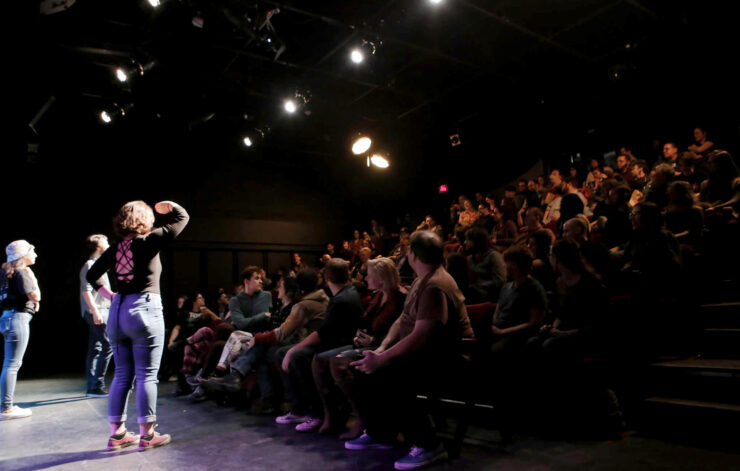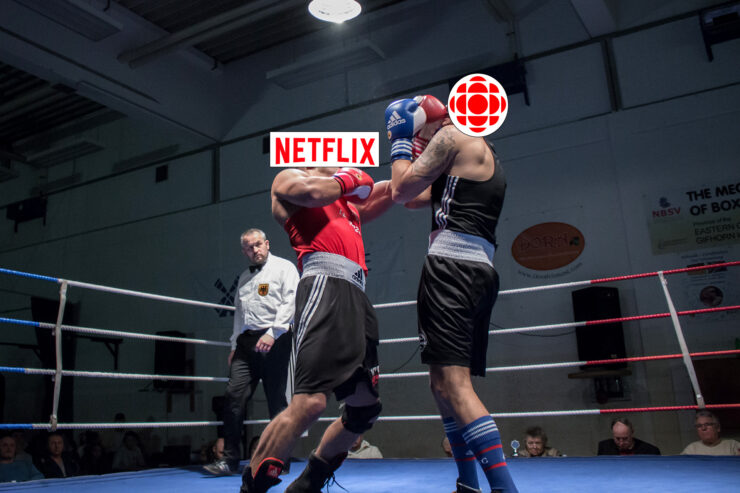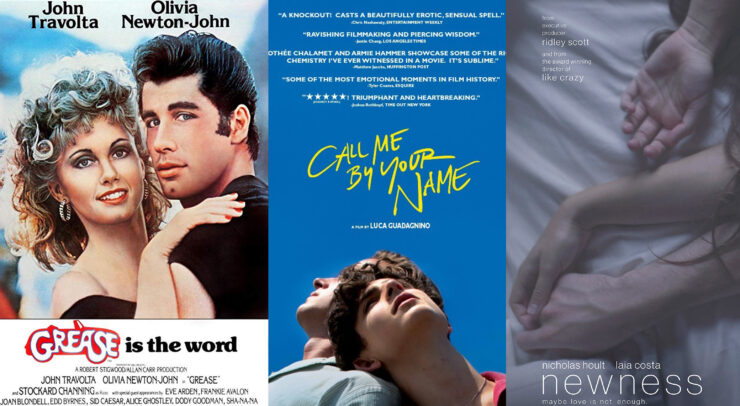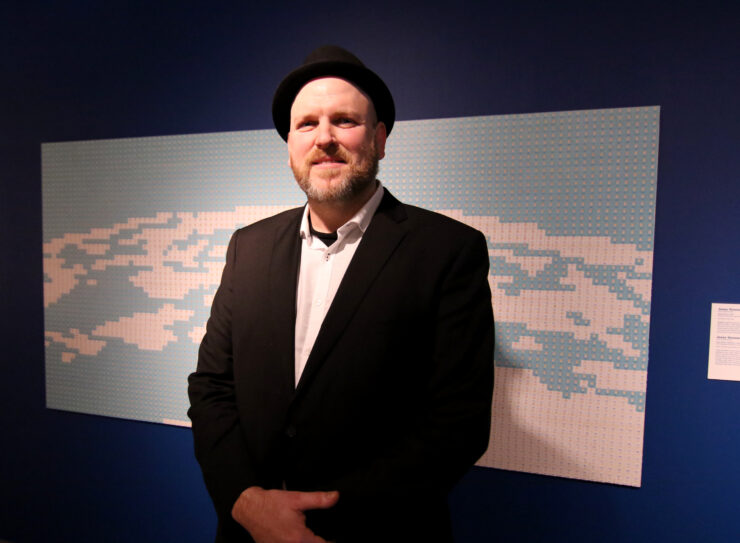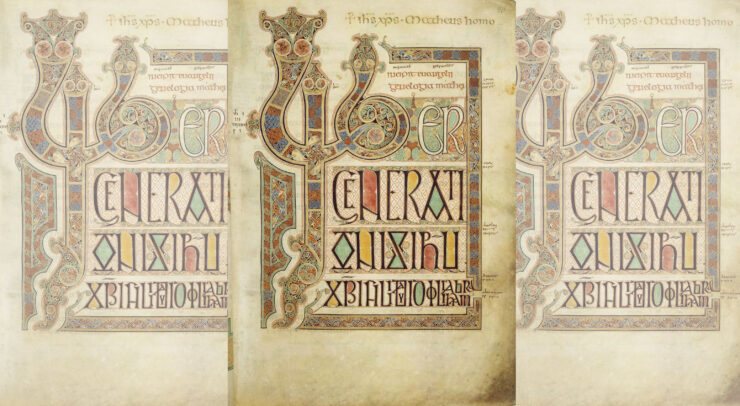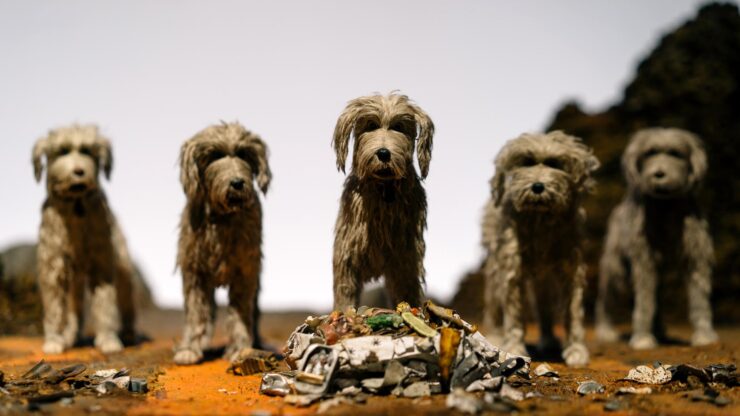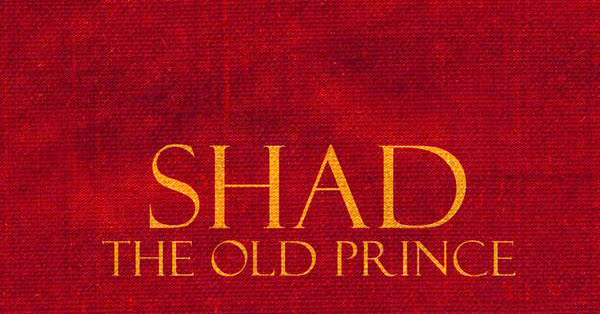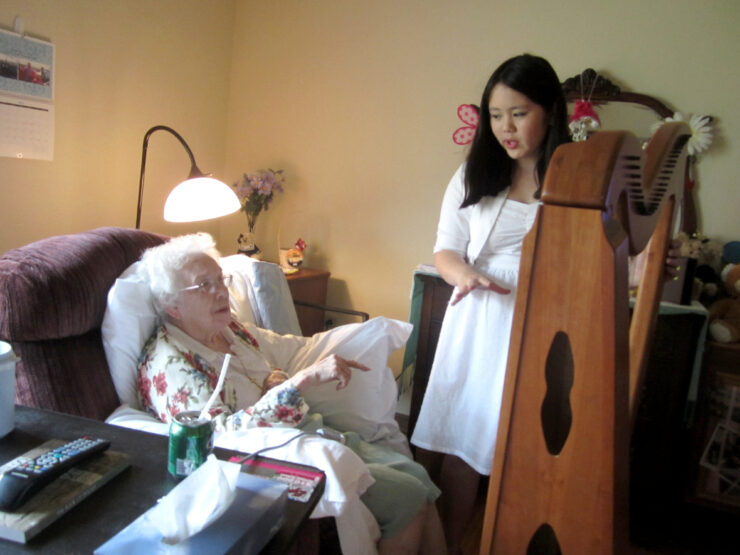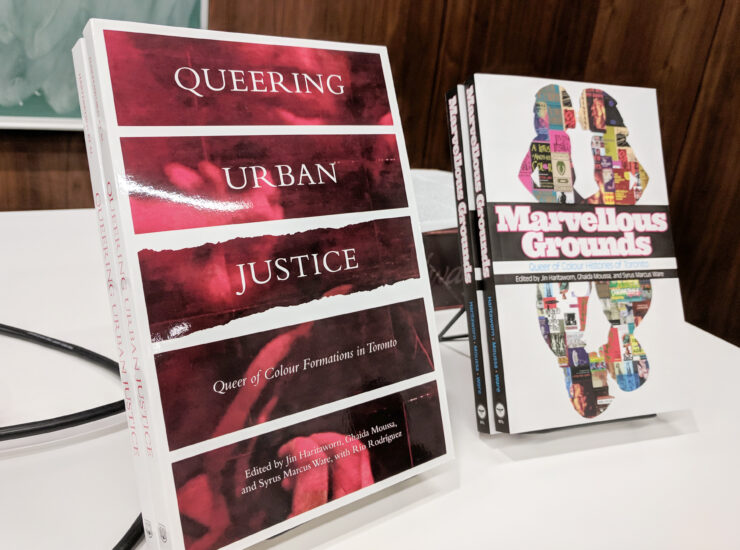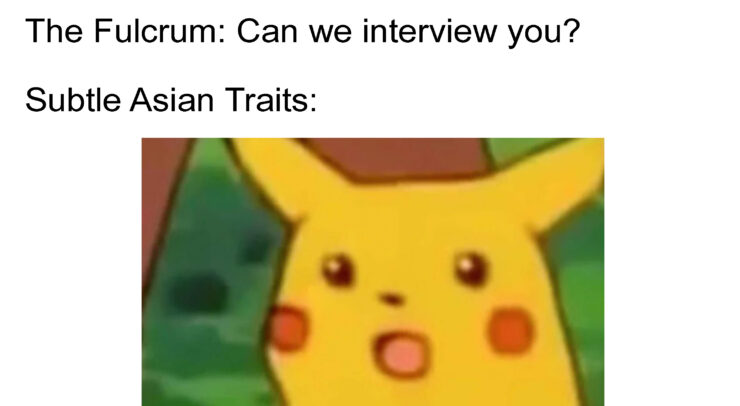“Come and see me, let’s talk about writing,” is how Birdsell summarizes her job as writer-in-residence.
Arts
Kid A is definitely one of those albums you won’t be able to fully appreciate until you’ve listened to its whole roughly 50-minute runtime from start to finish.
The impetus for the Pinoys on Parliament conference comes from the fact that, though Canada’s Filipino population is one of the fastest-growing ethnic groups in Canada, there is a lack of representation in politics and many other fields.
The cafe was his safe haven.
Although improv is, well, improvisational, there’s a lot of work that goes into preparing for a show. Campbell described it as tools to keep in your back pocket—knowledge of how stories progress, different genres and styles to perform, and other tricks and tools learned from plenty of practice.
“And, in fact, (Netflix is) providing a fair amount of Canadian content so that would suggest that there are many Canadians who want to see some Canadian content when they watch video and a streaming service would do well to ensure that it’s there.”—Michael Geist, U of O professor of common law and Canadian Research Chair in Internet and eCommerce Law
“Beading is a medicine, it has the ability to change lives on so many levels, and it’s a much more tangible medicine to use. This an actual hands-on medicine that you can see working.”—Ashley-Rose Machendagoos, owner and founder of Zhawenim Designs.
Need some ideas for a nice Netflix and chill night for your upcoming Valentine’s Day plans or any ol’ date night with your S/O? Well we’ve got you covered, with this variety of films to choose from—perfect for cuddling or to set the mood for more.
“Specifically, I was thinking: what is the response in a time when climate change is radically altering the climate and the landscape.”—Jesse Stewart, artist.
“That’s something that I really appreciate about the Ottawa art scene—you have more freedom because there is no trend, because there is no pride in just being here, you just have to make work.”—Jinny Yu, associate professor of painting at the University of Ottawa
For something a little price-friendly, scan a drug store, as almost any moisturizer works.
Concannon hopes that Ottawa’s first Pop-Up Gaeltacht will provide an opportunity for Ottawa’s Irish enthusiasts to “brush off their cúpla focal” (couple of words) and use the language.
“Our team was trying to think of unique ideas for Escape Rooms that we hadn’t seen before—(and) we thought escaping from detention was a creative concept that fit perfectly with our location at the University of Ottawa.”—Kaitlyn Rourke, one of the event’s organizers and a fourth-year biomedical science student.
It’s important to remember that, even if there is a cutting-edge Netflix series premiering in the near-future, books still have an important role to play in raising questions—and engaging minds.
“When they performed the pieces in the camp, that was probably the highlight of the day or the week—(it is) when they were able to escape the reality (of the Holocaust).”—Ulrike Anton, the flautist at the concert.
As the handiwork of Wes Anderson, one should not miss this adventure comedy animation. If you appreciate cinematic and visually stunning landscapes, and—just as importantly—if you like canines and their mischievous behaviour, then this movie is for you.
Shad is one of the most charismatic and talented rappers working today, and The Old Prince is filled to the brim with entertaining and thought-provoking hip-hop.
“Anyone and everyone is welcome to join our club. Our team works to match members with the organizations that best fit their musical ability, schedule, and interests.”—Gurvir Singh Rai, club president.
“It’s generative, it’s creative, and it’s been embellamative of the kinds of activism that QTBIPOC has been doing in this city, this province, and this country.”—Syrus Marcus Ware, one of the books’ editors.
“Even in the context to which there might be some indication of (creepiness to the stalker’s actions), it’s never really pushed to the degree which we actually see how terrifying it really is.”—Julie Lalonde, women’s rights activist, and survivor of stalking.
This year, there are tons of fun and cultural activities that you can partake in—both inside and outside—to make the season great. So, grab a toque and brace yourself for five of the Fulcrum’s top activities for you in this wintry wonderland.
“The festival really started with a single goal: let’s celebrate womxn artists. As a group of local artists, this is something we’d all felt for a few years—that desire to celebrate and connect with other female (and) genderqueer artists.”—Monica Bradford-Lea.
“They advertise bubble tea a lot, that’s for sure … (There are) definitely something(s) I can relate to when they mention Asian parents, and stuff like that”—Cornelius Choo, a second-year accounting student at the U of O.
Convenience Store Woman is a love story, but not in the orthodox sense—this is a love story not between Keiko and her eventual husband, but between herself and the store in which she has worked for 18 years.
Dating is not a thing we are encouraged to do but getting married is expected—let’s just say it’s complicated.

